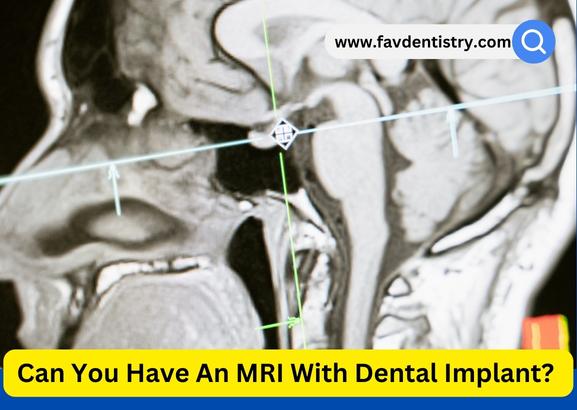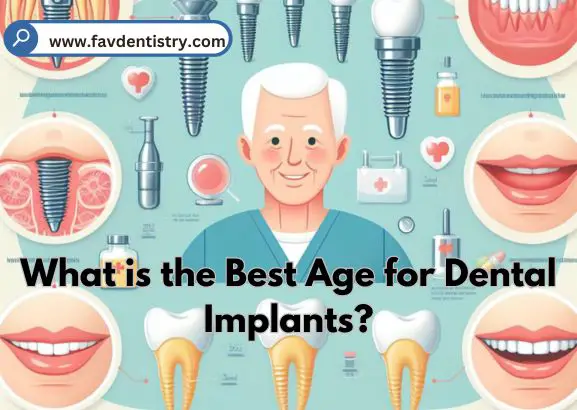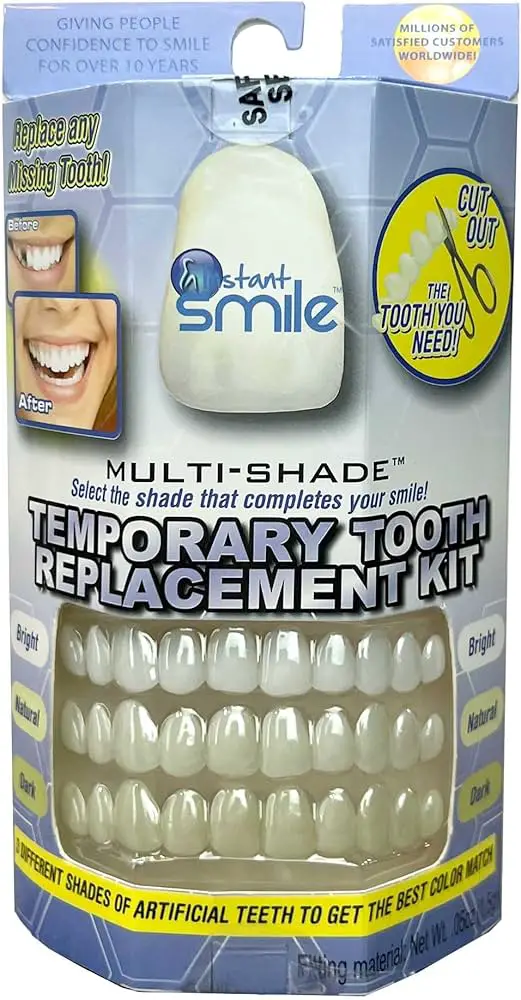Last Updated on 3 days by DR. ALBIN SIPES
Dental implants can get infected and may lead to implant failure or other complications. Dental implant infections, also known as peri-implantitis, occur when harmful bacteria invade the tissues surrounding the implant, causing inflammation and bone loss.
Although dental implants are a popular and effective tooth replacement option, it is essential to maintain proper oral hygiene to prevent infection. Regular brushing, flossing, and dental check-ups can help reduce the risk of infection. In case of any signs of infection, such as pain, swelling, or discharge around the implant, prompt dental evaluation and treatment are necessary to prevent further complications.
What Are Dental Implants?
Dental implants are artificial tooth roots made of materials such as titanium or zirconium. They are surgically placed into the jawbone by a dentist. These implants act as a strong foundation for replacement teeth or dental bridges. Dental implants have a dual functionality.
Firstly, they provide stability and support to the artificial teeth, allowing them to function like natural teeth. Secondly, they stimulate the jawbone, preventing bone loss and helping to maintain the shape of the face. Dental implants are considered a safe and long-lasting solution for missing teeth.
They are resistant to decay and are not susceptible to cavities. However, just like natural teeth, dental implants can be susceptible to infection if proper oral hygiene is not maintained. Regular brushing, flossing, and dental check-ups are essential for keeping dental implants clean and free from infection.
Benefits And Success Rates Of Dental Implants
Dental implants can indeed get infected, but the benefits and success rates of this procedure are noteworthy. The improvements in oral health that dental implants provide are undeniable. They offer not just a solution for missing teeth but also help improve speech and chewing capabilities.
The longevity and durability of dental implants are impressive, ensuring that they can withstand the tests of time. When it comes to success rates, statistics reveal a high level of success and patient satisfaction with dental implants. These findings emphasize the effectiveness of this procedure in restoring smiles and confidence.
With proper care and regular check-ups, the risk of infection can be minimized, making dental implants a reliable and long-lasting solution for tooth loss.
Uncovering The Truth: Can Dental Implants Get Infected?
Dental implants are generally safe, but they can, in rare cases, get infected. During the healing phase, infection risks may arise due to various factors. Poor oral hygiene, smoking, and certain medical conditions can increase the likelihood of infections. It is crucial to maintain good oral hygiene practices and follow your dentist’s instructions to minimize these risks.
Proper oral care, including regular brushing, flossing, and professional cleanings, can greatly reduce the chances of infection. If an infection does occur, it is essential to seek prompt treatment to prevent further complications. Common types of implant infections include peri-implant mucositis and peri-implantitis.
These infections can cause inflammation, discomfort, and potential implant failure if left untreated. Regular check-ups with your dentist and practicing good oral hygiene are vital in ensuring the long-term success of dental implants.
Early Warning Signs
Dental implants, like any surgical procedure, can potentially become infected if proper care is not taken. Early warning signs of infection include persistent discomfort or pain. You may also notice swelling and redness around the implant site. Another indication is an unpleasant taste or odor in your mouth.
If you experience any of these symptoms, it is important to consult your dentist immediately. Ignoring these signs could lead to more serious complications, such as peri-implantitis, which can result in bone loss and implant failure. Regular dental check-ups and proper oral hygiene are essential for maintaining the health of your dental implants.
Remember to brush and floss daily and follow any post-surgical instructions provided by your dentist. By being proactive in identifying and addressing potential infections, you can protect the longevity and success of your dental implant.
Advanced Symptoms
Dental implants can get infected, and recognizing advanced symptoms is crucial. One such symptom is the formation of pus, indicating an infection around the implant site. Another symptom is the loosening of the dental implant, which may cause discomfort or difficulty when chewing.
Additionally, receding gums and bone loss around the implant area may occur, leading to aesthetic and functional issues. It is important to note that these symptoms should not be ignored, as they can signify an infection that needs immediate attention.
Regular dental check-ups and proper oral hygiene practices can help prevent infection and maintain the longevity of dental implants.
Allergic Reactions Versus Infections
Dental implants can potentially get infected, but it’s crucial to differentiate between infections and allergic reactions. Symptoms of allergic reactions to dental implants may include swelling, redness, itching, or a rash around the implant site. Infections, on the other hand, can present with symptoms like pain, swelling, pus, or a bad taste in the mouth.
It’s essential to seek professional help if you experience any of these signs as prompt treatment is necessary. Differentiating between allergic reactions and infections is vital for effective management. If you suspect an allergic reaction, your healthcare provider can help you identify the specific allergen.
In cases of infection, proper diagnosis will help determine the appropriate antibiotic or treatment needed. Regardless of the issue, consulting your dentist is key to maintaining your oral health and resolving any complications that may arise with dental implants.
Preventive Measures
Dental implants can indeed get infected, but there are preventive measures you can take. Good oral hygiene practices are crucial in maintaining the health of your dental implants. Regular dental check-ups and cleanings are essential to ensure that any potential issues are caught early on.
Additionally, timely antibiotic prophylaxis may be recommended by your dentist before certain dental procedures to prevent infection. By following these measures, you can significantly reduce the risk of infection in your dental implants. Remember, maintaining good oral health is essential for the longevity and success of your implants.
So, prioritize oral hygiene, schedule regular check-ups, and follow your dentist’s recommendations to keep your implants infection-free.
Treating Dental Implant Infections
Dental implants, like any surgical procedure, can sometimes become infected. In these cases, prompt treatment is crucial. Antibiotic therapy can effectively combat bacterial infections associated with dental implants. Debridement and soft tissue management are also essential in removing infected tissues and promoting healing.
In more severe cases, surgical intervention may be necessary, which may involve implant removal. Dentists carefully evaluate each situation to determine the best course of action. Taking proper care of dental implants, including practicing good oral hygiene and attending regular dental check-ups, can help prevent infections.
Remember, early detection and treatment are key to successfully managing and overcoming dental implant infections.
Frequently Asked Questions For Can Dental Implants Get Infected
How Common Is Infection After Dental Implant Surgery?
Infection after dental implant surgery is fairly rare, occurring in about 1-2% of cases. Following proper oral hygiene practices and taking care of the implant can greatly reduce the risk of infection.
What Are The Signs Of An Infected Dental Implant?
Signs of an infected dental implant may include persistent pain, swelling, redness, discharge around the implant, and a foul taste or odor. If you suspect an infection, it is crucial to consult your dentist for proper evaluation and treatment.
Can Antibiotics Treat An Infected Dental Implant?
Antibiotics can be prescribed to treat an infected dental implant. However, in some cases, the implant may need to be removed to fully eliminate the infection. Consulting with your dentist is essential to determine the appropriate treatment plan.
How Can I Prevent An Infection After Getting A Dental Implant?
To prevent infection after a dental implant procedure, it is crucial to maintain proper oral hygiene. This includes thorough brushing, flossing, and using an antimicrobial mouthwash regularly. Additionally, follow your dentist’s instructions and attend routine check-ups.
Are Smokers More Susceptible To Dental Implant Infections?
Yes, smokers are at a higher risk of dental implant infections. Smoking can impair the body’s ability to heal, making it harder to fight off infections. Quitting smoking before undergoing an implant procedure can significantly reduce the risk of complications.
Conclusion
While dental implants are a successful and durable solution for missing teeth, they are not completely immune to infection. It is essential to understand that prevention is key when it comes to maintaining the health of your dental implants. Regular brushing, flossing, and routine dental visits are crucial for keeping your implants clean and free from bacteria buildup.
Additionally, following any post-operative care instructions provided by your dentist will greatly reduce the risk of infection. It is also important to be aware of any signs of infection, such as pain, swelling, or discharge, and seek immediate dental attention if you suspect an issue.
By taking proactive measures and staying informed, you can ensure the longevity and success of your dental implants, enjoying the benefits of a restored smile for many years to come.




